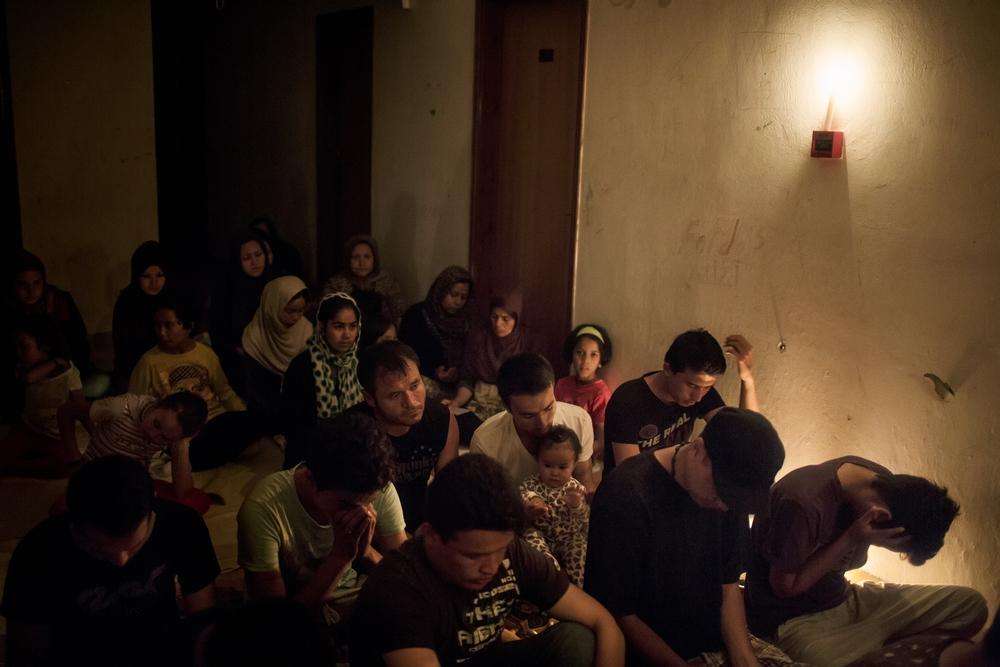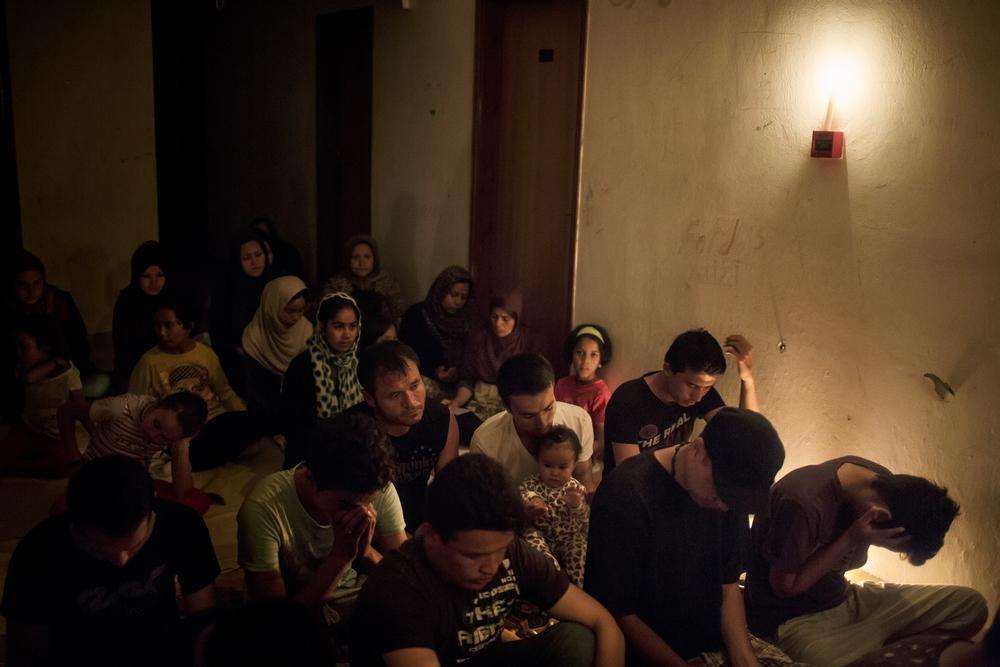Yesterday, September 10, saw the immediate closure of the Captain Elias camp on Kos Island, a makeshift building where authorities have been directing refugees to stay while awaiting their registration papers. Doctors Without Borders/Médecins Sans Frontières (MSF), which used the building for medical consultations, is expressing serious concern that there is now no provision of accommodation of any sort for new arrivals, despite repeated calls to authorities by MSF to provide adequate reception facilities on the island.
Since March, an MSF team has worked inside the Captain Elias structure and around Kos, conducting more than 4,450 medical consultations, treating patients mainly for chronic diseases that need medical follow-up, upper respiratory tract infections, skin infections, muscle pain, and gastrointestinal diseases.
“It is unacceptable that this closure was not accompanied by any decision from the authorities to provide other facilities for refugees arriving in Kos,” said Elisa Galli, MSF field coordinator in Kos. “Captain Elias was far from ideal, but now people have absolutely nowhere to go. There is no clarity on what will happen next, and authorities are not assuming their responsibilities about the well-being of these vulnerable people. As we have said repeatedly, the authorities need to ensure that adequate reception facilities are provided.”
The building housed several hundred people at a time. While living conditions were sub-standard, it was the only place where new arrivals could seek free shelter and have access to water, toilets, and showers.
Three thousand people are currently scattered around Kos Town waiting for permission to leave the island, which usually takes an average of eight days.
“Without any shelter the refugees are exposed to weather conditions that soon will get worse, and they have little or no access to water and sanitation,” said Galli. “Furthermore, they are exposed to potential attacks by unidentified groups that have targeted migrants in the city of Kos in the last few weeks. It is simply not safe to be a refugee and stay in the streets.”
MSF has also distributed essential relief items such as blankets, hygiene kits, and energy bars. To improve conditions in the Captain Elias site and in the absence of any management from the authorities, MSF has installed water points and latrines and has been cleaning the building daily.





